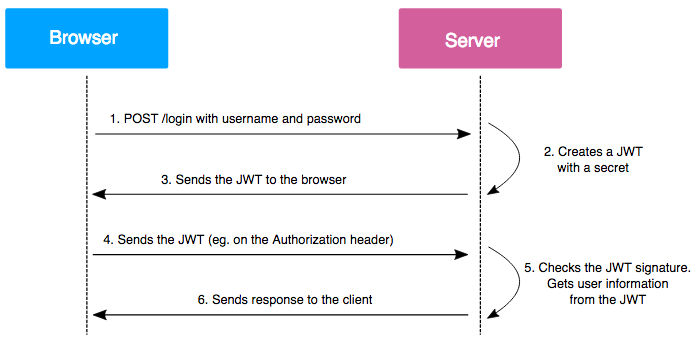Securing web applications is a top priority for developers. Flask-CORS provides tools for handling Cross-Origin Resource Sharing (CORS), including the `supports_credentials` parameter. In conjunction with different authentication methods, `supports_credentials` ensures secure cross-domain interactions. Let’s explore its application with JSON Web Tokens, OAuth 2.0, OpenID Connect, JWT Bearer Tokens, and cookie-based authentication.
1. Flask-CORS Supports_Credentials with JSON Web Tokens (JWT)
JWT is a compact and self-contained way for securely transmitting information. When using JWT with Flask-CORS, the `supports_credentials` parameter helps handle cross-origin requests that include these tokens in their headers.
2. Flask-CORS Supports_Credentials with OAuth 2.0
OAuth 2.0 is a standard for authorizing access to web resources. Flask-CORS’ `supports_credentials` ensures the secure handling of OAuth tokens in cross-domain requests, contributing to more secure interactions with third-party services.
3. Flask-CORS Supports_Credentials with OpenID Connect
OpenID Connect is a simple identity layer built on OAuth 2.0. Using `supports_credentials` with OpenID Connect means secure management of Identity Tokens across different domains.
4. Flask-CORS Supports_Credentials with JWT Bearer Tokens
JWT Bearer Tokens are a form of access tokens used to authorize requests. In Flask-CORS, `supports_credentials` aids in the secure transfer of these tokens during cross-domain interactions.
5. Flask-CORS Supports_Credentials with Cookie-Based Authentication
Cookie-based authentication is a popular method of managing user sessions. Flask-CORS’ `supports_credentials` parameter, when configured correctly, ensures secure handling of cookies in cross-origin requests.
The `supports_credentials` parameter of Flask-CORS plays an integral role in ensuring the secure handling of authentication data during cross-origin interactions. By understanding its utility with various authentication methods, developers can build robust and secure Flask applications.







